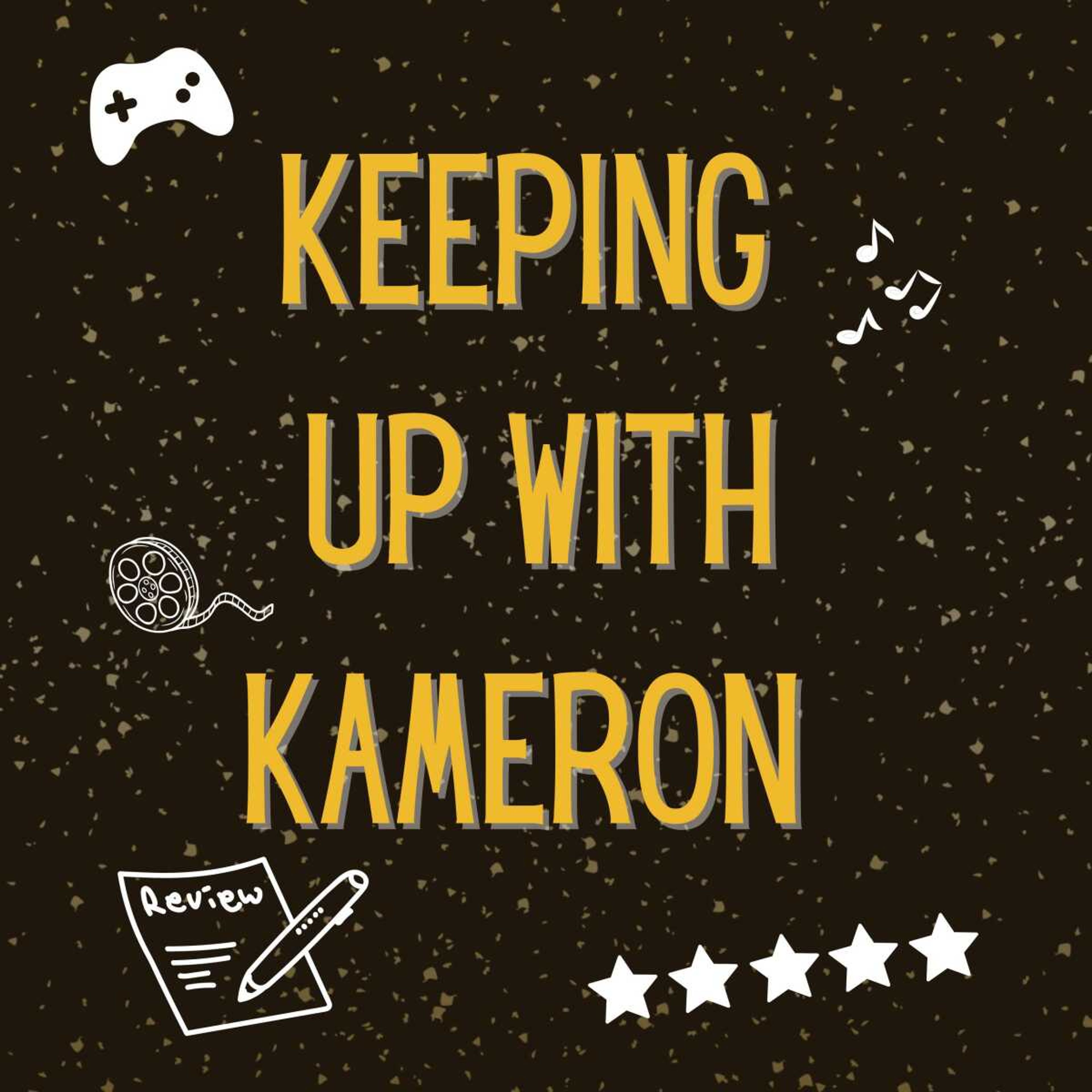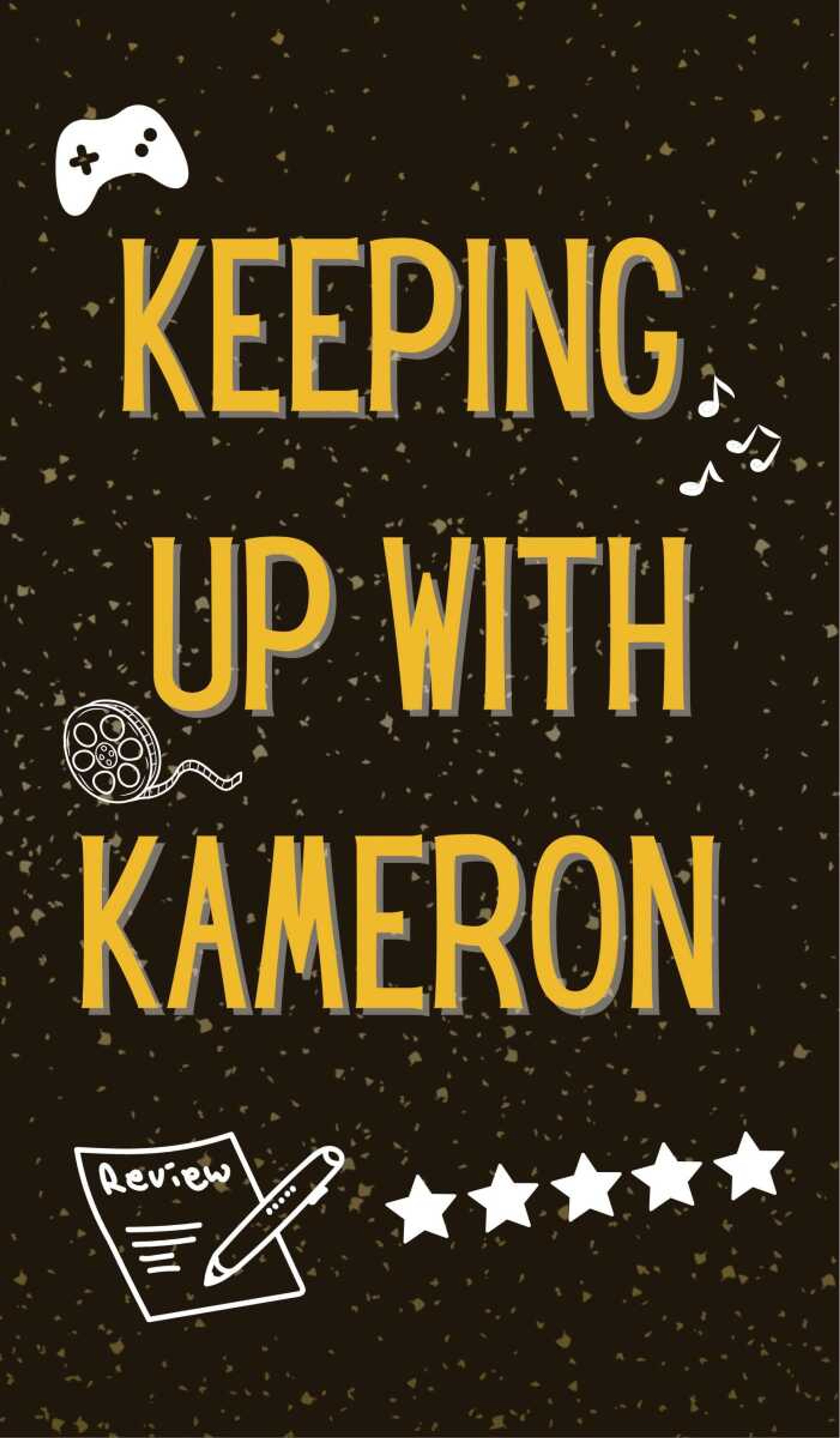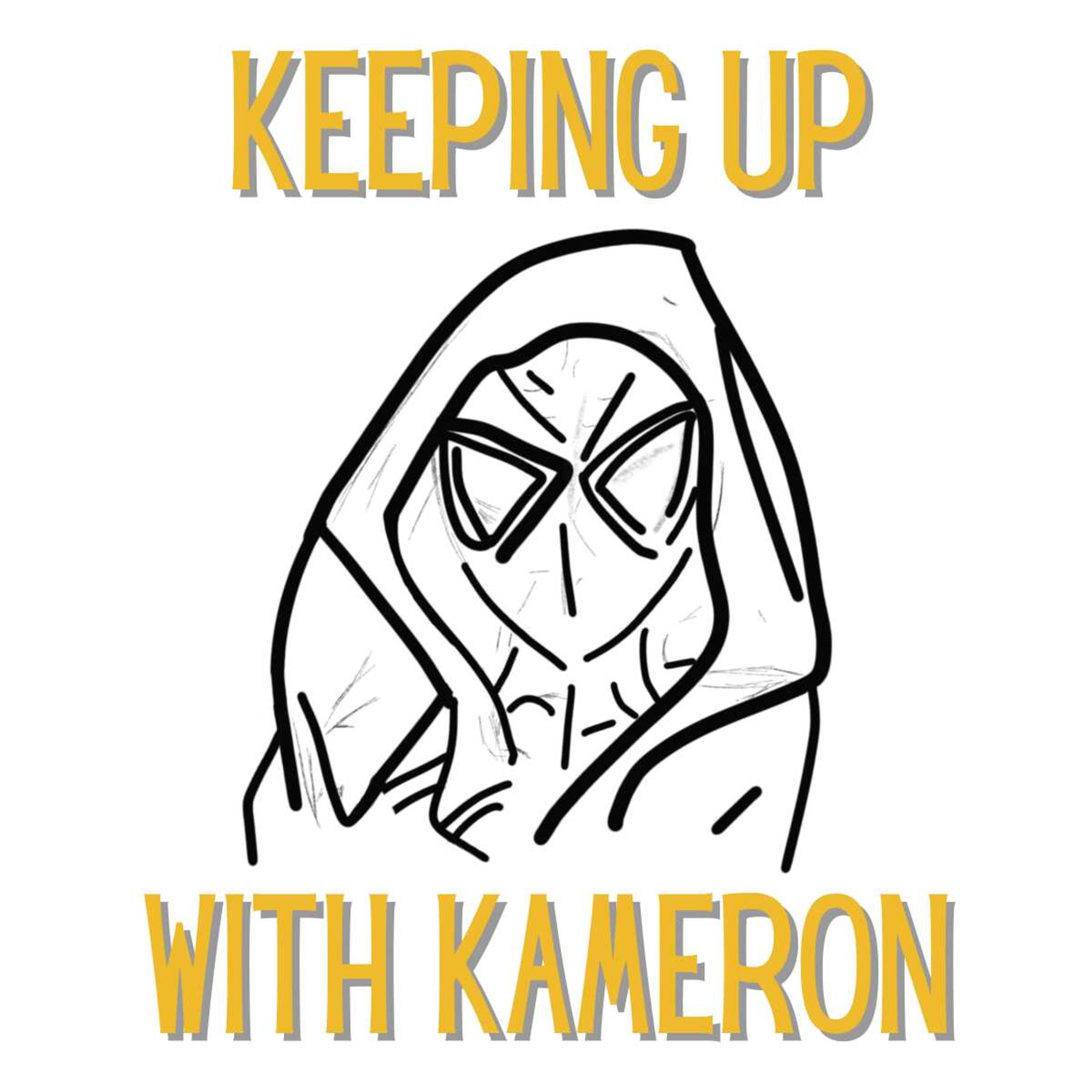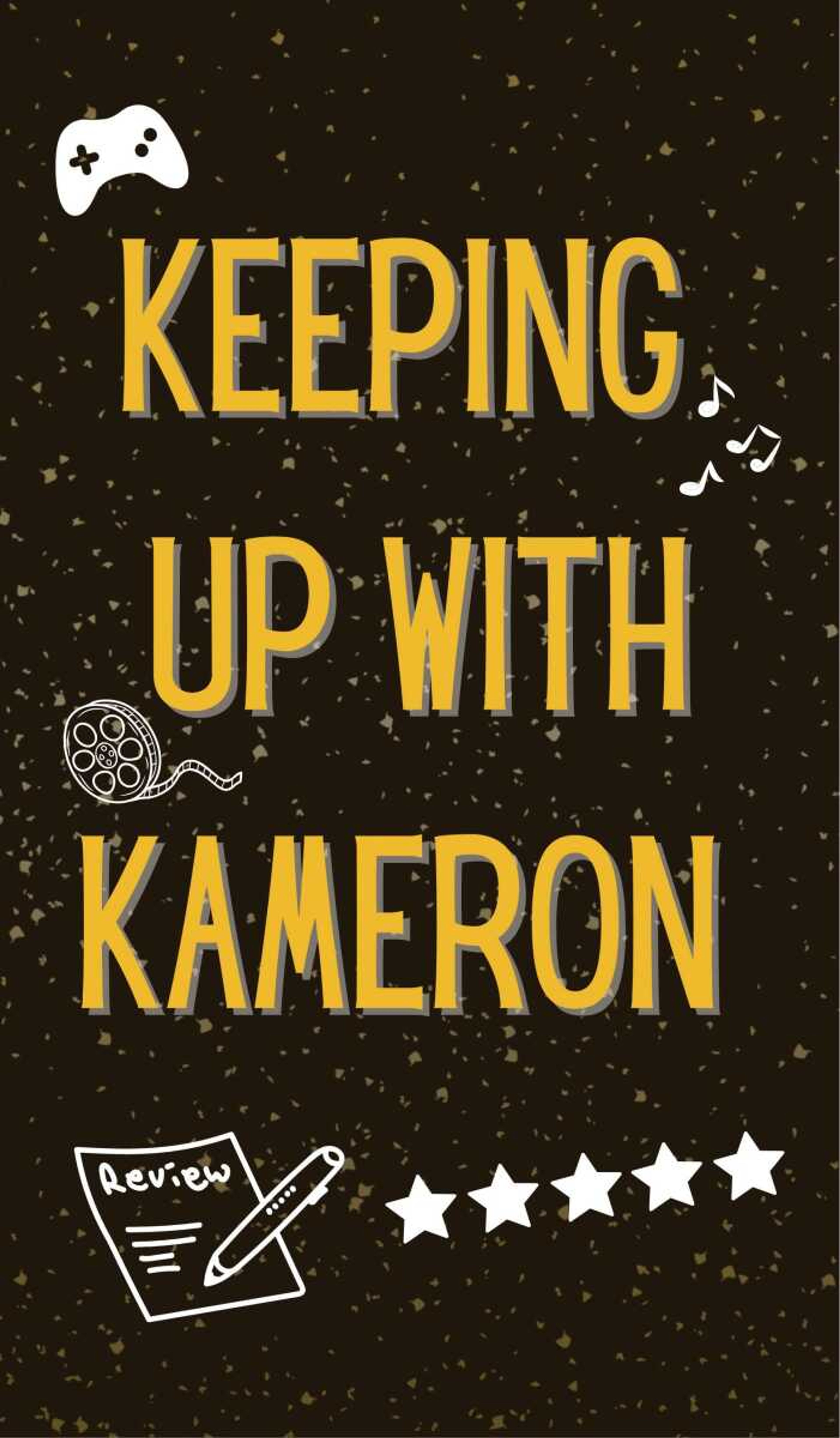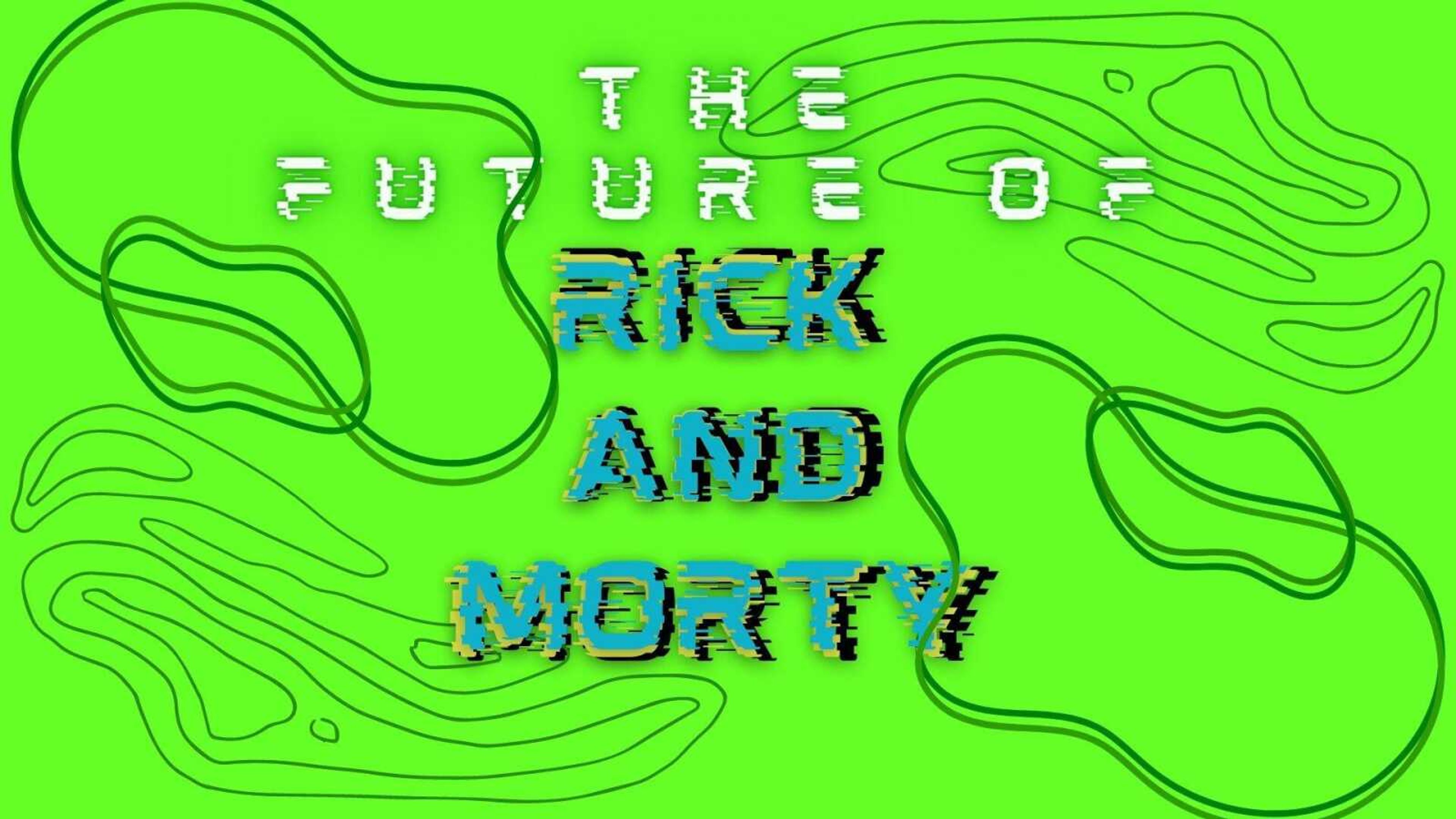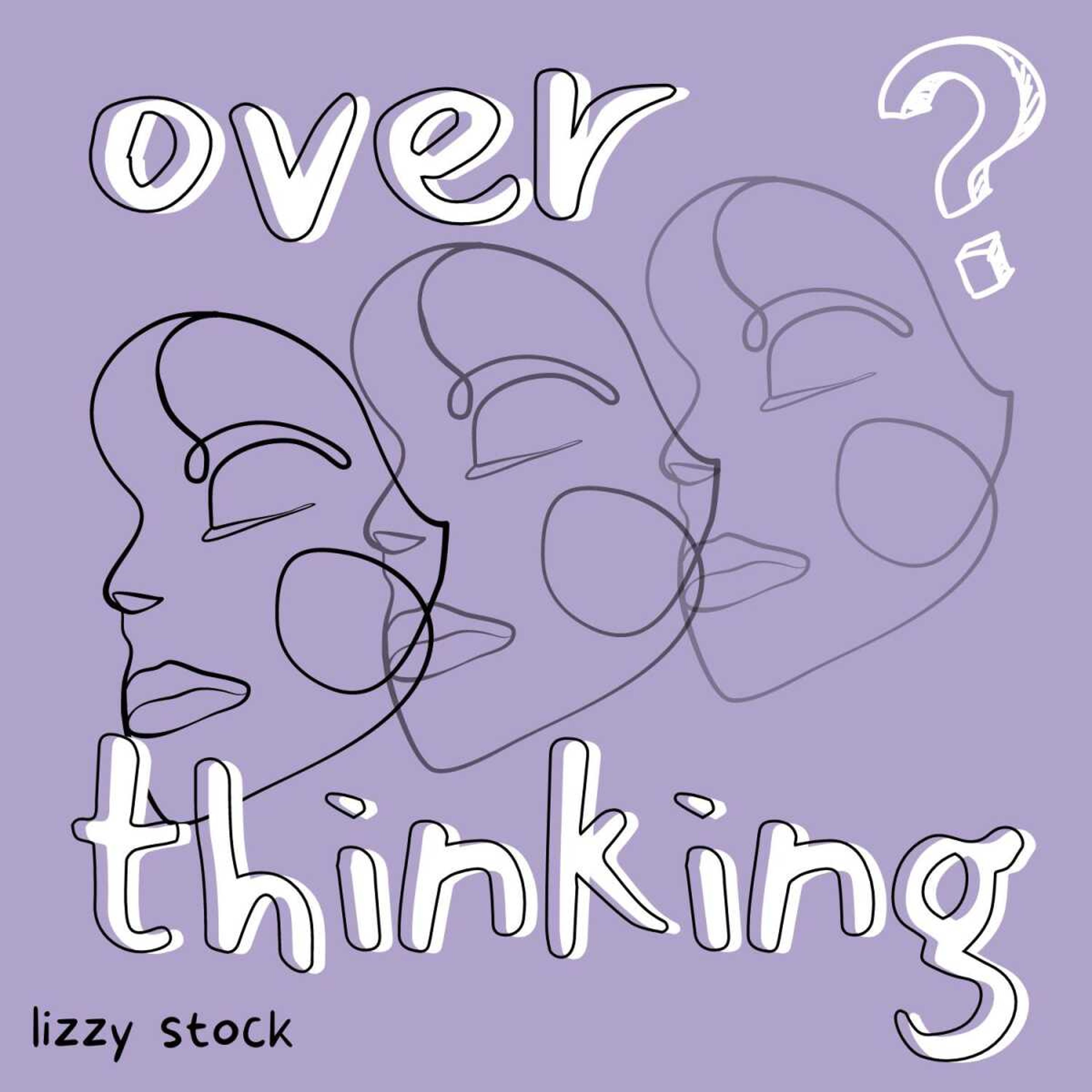Power is a recurring theme in Marvel’s “Black Panther”, which has proven its own power, grossing over $1.1 billion worldwide according to Forbes. Supernatural power, nationalistic power, the power of the individual, the power of greed and the power of family are highlighted throughout the film, which polarizes a divide in the mindsets of African descendants. A similar sentiment is shared in the works created mainly by Kendrick Lamar and his Top Dawg Entertainment camp on the “Black Panther” Soundtrack. Lamar recruits the help of label mates, upcoming rappers and singers from his home state, African artists and producers, and a plethora of other colorful artists.
In the first song of the album, aptly named “Black Panther”, Lamar recites: “King of my city, king of my country, king of my homeland. King of the filthy, king of the fallen … King of the past, present, future, my ancestors watchin'”
Later in the song, he goes on to challenge the actions of his fellow man, saying: “Are you a king or you jokin'? Are you a king or you posin'? Are you a king or you smokin' bowl rocks to keep you open?”
Here he sets the precedent for the album, which is the promotion of black excellence. By questioning the actions and intentions of so-called kings, Lamar increases the responsibility of those who might take that position of leadership amongst his people. At the end of the song, he yells: “I am T’Challa!”
This is another common theme in the album, which plays on the contrast between the protagonist and antagonist of the movie. The differences between King T’Challa and Killmonger represents a divide many African Americans and people of African descent find familiar. Like T’challa, many wish to separate from the world and its negative attributes, taking an isolationist standpoint. Like Killmonger, many see the history of Africans as a call to arms that needs to be answered. This duality of man creates a sort of light and dark side to the album. The light side- kingship, pride, and love promoted on songs such as “Black Panther”; the dark side uses the—“wish a n***a would” attitude— promoted in songs such as “Paramedic!” On the latter, Lamar recruits North California collective SOB x RBE to assert the importance of being ready to kill. The song is Killmonger’s theme, and the title references his opening scene in the movie, which is the beginning of dark times in the movie. On the light side of the album, at the beginning of “Seasons,” South African rapper Sjava raps in Zulu as tribute to the people living in Africa, and he uses the verse to give them hope of rising from the bottoms of society to the top. Lamar resolves the duality of the album later in the song by saying: “I am T'Challa, I am Killmonger, One world, one God, one family, Celebration”
It’s a fitting ending for a song that focuses on the challenges of coming from Africa. Kendrick brings it all together by announcing he is both sides of the power struggle. He is the King who wants peace and unity, but he is also the villain who wants his pound of flesh. The final line of the quote gives incite into a common African ideal — total unity. As we live in one world, and presumably under one god, we become one family. This turns a song about struggle into one about celebration of what makes us one.
The Black Panther Album is also full of songs that you need to hear, and songs you need to listen to. Songs such as “King’s Dead” (feat. Future & Jay Rock), “Opps” (feat. Vince Staples) and “Big Shot” (feat. Travis Scott) are instant bangers that sound like they belong on an average Kendrick Lamar album. “All the Stars” (feat. SZA), “I Am”(feat. Jorja Smith), and “Seasons” (feat. Sjava, Mozzy, Reason) are songs that you must lend an ear to and try to understand.
The power of both the soundtrack and movie “Black Panther” can be felt in every verse and scene. Just as the movie has and will inspire little black boys and girls to do things that they are not used to seeing in cinema, the album promotes the same ideals. Lamar and company preach power and pride throughout the album, and these have always been some of the most valuable things that humans possess. Don’t take my word though, go listen to “Black Panther”, and form your own opinions. They’re more powerful than you know.
